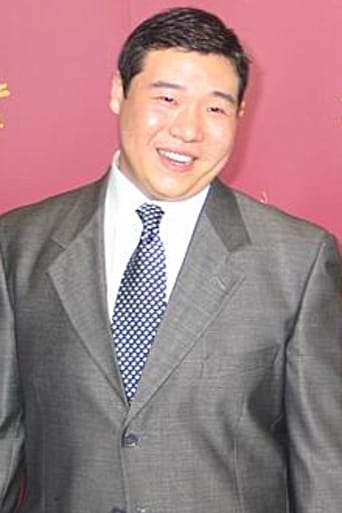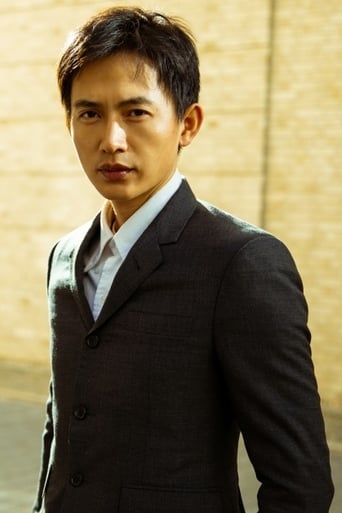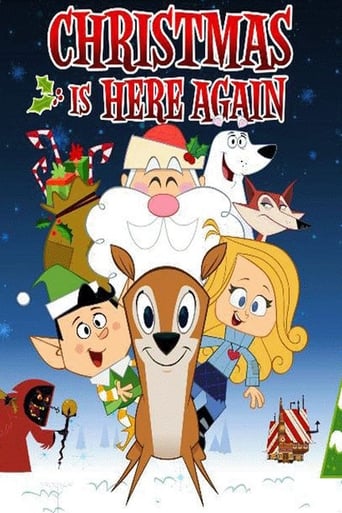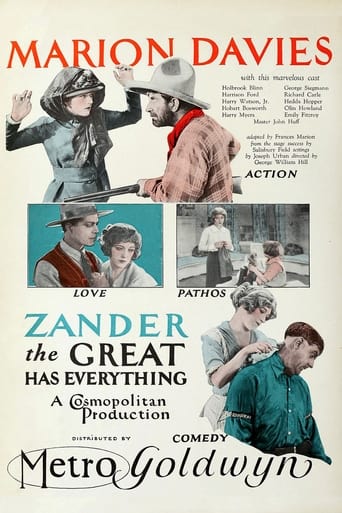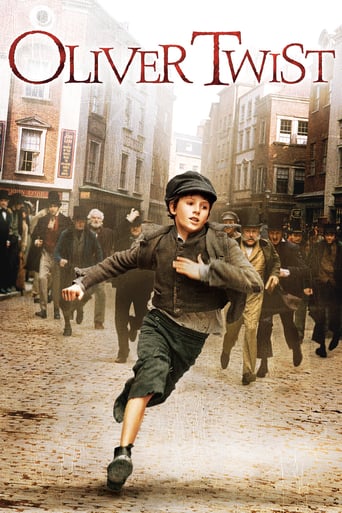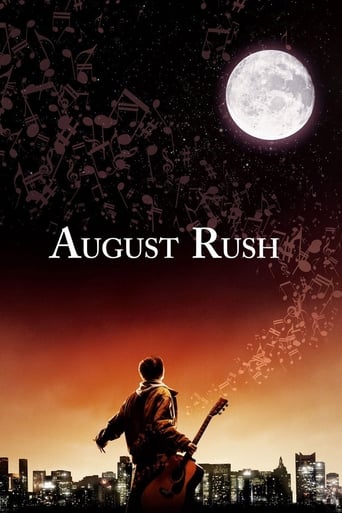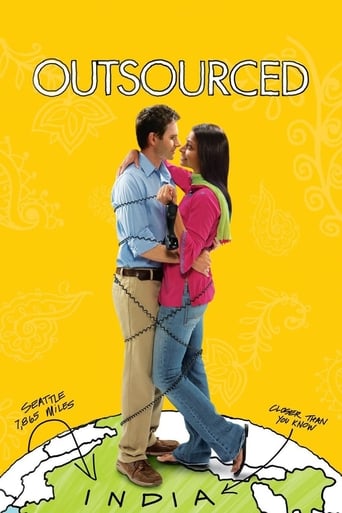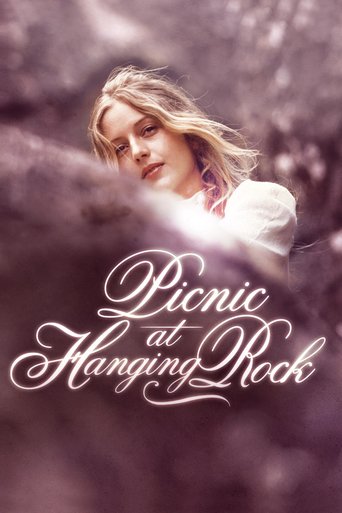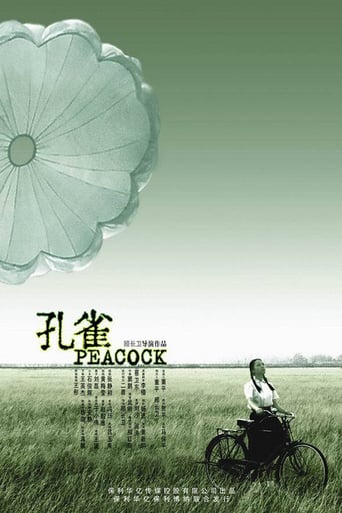
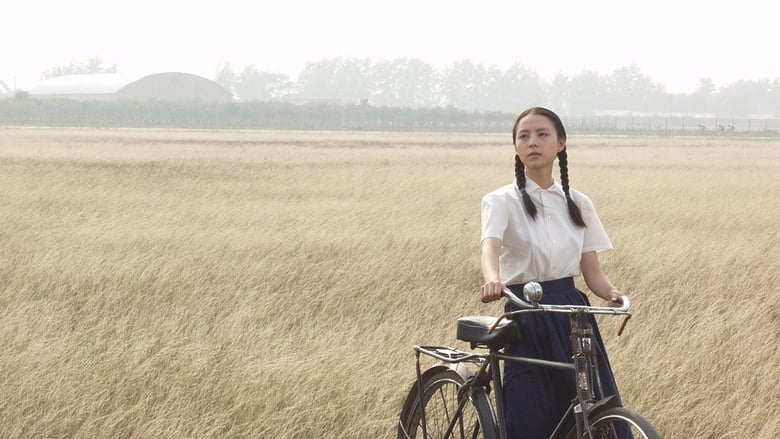
Peacock (2005)
Brings viewers into a small Chinese city and inspires familiarity with the rhythms of everyday existence, with people's dreams, shortcomings and illusions in a way that is universal.
Watch Trailer
Cast
Similar titles
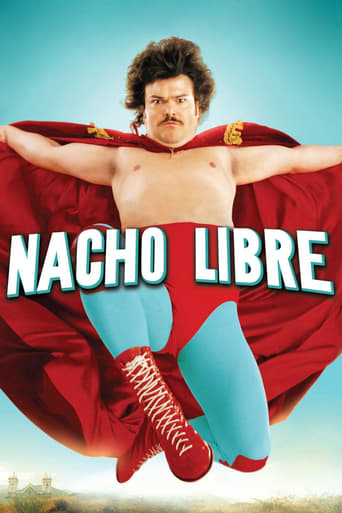
Reviews
Wonderful Movie
Sorry, this movie sucks
Just what I expected
It's simply great fun, a winsome film and an occasionally over-the-top luxury fantasy that never flags.
Set in 1976 in some unidentified midsize city, "Peacock" tells the story of three young adult members of the Gao family trying to make their way in post-Cultural Revolution China. This is very much a fleeting moment in time when Chinese society is still marked by the austerity of the Maoist era and when foundational beliefs in communism have all but vanished--soon to be replaced by consumerism.Structured as a kind of trilogy that puts each child successively into the foreground, it begins with the tale of Weihong (Zhang Jingchu), the daughter and youngest child. Returning home one day on her bicycle, she experiences an almost mystical encounter with a group of male and female paratroopers parachuting into a nearby field. When the parachute strings of the squad leader, a handsome man with a Beijing accent (as the subtitle indicates), gets tangled in her handle-bars, she resolves at that moment to become a paratrooper herself. That decision has more to do with the romance of the uniform, an attraction to the squad leader and the esthetics of the blue silk parachute than it does with the legend of the Red Army. Furthermore, the Beijing accent has a certain cachet for Weihong, which for denizens of her city must have the same class connotations that an Oxbridge accent has for somebody living in the East End of London.After the Red Army rejects her application, she carries a torch both for the handsome squad leader and the numinous parachute. At home she sews together her own parachute, attaches it to the back of her bike like a kite and rides through the streets until unceremoniously crashing into another bike. While she lies semiconscious on the street, an admirer, whom she has rejected in the past, takes the parachute hostage. He will only release it after she has had sex with him in a nearby forest. In this film, love--like all other ideals--comes in short supply.full: http://louisproyect.wordpress.com/2006/06/16/peacock/
When accomplished cinematographers take to direction, they often make superb films (William Fraker's "Monte Walsh", Nicholas Roeg's "Don't Look Now" and Govind Nihalani's "Aakrosh") that are often accepted as great movies much later. In the case of cinematographer-turned-director Changwei Gu, to be awarded a Silver Bear for his debut as director must have been nothing short of a dream start into a new career.Interestingly director Gu, opted to entrust the camera to Shu Yang and not do the job the world knew him to be accomplished at. Director Gu, however, opts to act as a lonely, blind accordion player who commits suicide.I am not Chinese but this film had me enraptured from start to finish. The film had superb music by Peng Dou (courtesy Chinese National Symphony Orchestra), enchanting photography, incredible performances and a multi-layered story of a close-knit five member family with family values best appreciated in Asian communities. Though the film is set in the late Seventies in the years following the Cultural Revolution, the film is almost devoid of direct political comments.The film is a common man's epic. The film is a 144 minute film (originally 4 hours) that was easily the most rewarding film at the just concluded Dubai Film Festival. It is a tale of a 5 member family told in three segments by the three children: a daughter who causes trouble for the family but emerges from an ugly duckling into a mature and cynical swan; an elder son who is mentally challenged, physically bloated, but pure in heart; and a younger son, loving, sensitive and occasionally worldly wise. The three perspectives of the family are punctuated by a cardinal shot of the family eating a simple meal. Like Kurosawa's "Rashomon," the three versions offering different perspectives of the family provide cinematic entertainment that is demanding of the viewer.The first segment of the story from the view of the girl is richer than the other two, primarily due to the rich musical subplot of her interactions with the blind musician (played by the director). The segment offers fodder for the impressionable dreamer in all of us: the power and the glory associated with a parachutist soldier, the importance of getting married to a loving husband, and the importance of playing music very well as an escape route from the daily social drudgery of washing bottles.The second segment told from the perspective of the mentally challenged brother looks at society and predictable collective reactions to simple incidents that are not based on reason or analysis.The third segment told from the practical younger brother's view takes another perspective--the best way to survive in an evolving society that is neither one of a dreamer or one of submission to mass reaction.The film ends with three families of the sister and two brothers passing a peacock in a zoo. They state the peacock never dances in the winter. As they move on, the peacock does dance. The beauty of life is best perceived as you move away from the incidents and look at it from a distance, dispassionately. Melodrama takes a back seat. In the forefront, the director presents a philosophical, positive view of life--not in the least limited to the geographical boundaries of China.I wish more people get to see this gorgeous family epic from China. It is one of the finest films of the decade.
After getting the silver bear award in the Berlin International Film Festival, the film "Peacock" drew quite a lot of people's attentions, including me. I didn't read any synopsis or articles before going to the cinema. The film started while my knowing nothing about it. "Peacock" is three stories about three people-the elder sister who keeps on seeking her dream, the elder brother who is not so smart but pretty kind, and the young brother who wants to get out of the cage of his family. Life is like this. Having a dream, then the dream is broken. Having another dream, than the dream is broken again. And we grow up during getting and losing out dreams. When looking back to the past, we can hardly believe that we ever had such a beautiful dream. That's what we call youth. It passed like flowing water, without any attachment. What is your dream? Make it come true before it is gone. Life is just as short as a peacock's spreading its tail. In fact, I wasn't deeply attracted by the film when watching it for the first time. However, I found it difficult to help thinking about it again and again the following days. I didn't really realize the bitters of life in the film without spending some time. It must be the reason why "Peacock" fascinates me and many of us a lot.
The director (or may be the screen writer, I don't know who to credit for) created an unusual film that is extremely real and plain yet full of drama and surprises. In the beginning of the movie, I thought it is just another typical art-house film. Slow-paced, good cinematography, weird characters, and other elements that aim to showcase the director's style. Yet as the film gradually reveals all of its wonders, I realized that the director intentionally stayed low-key to deliver a subtle message about our real daily life that otherwise would be overshadowed by anything less delicate.The story is about a family from the perspectives of its three children. It is one family yet every one of the children has a complete different experience and view of their childhood. From one person's perspective, you may believe something about the family. Yet you have to change your ideas when another perspective is shared. As you learn more and more about the family, you see that the people are just entrapped in their perspective and creating their own reality. They choose to see what they want to see and unknowingly get what they created for themselves.The director is extremely efficient. Every scene reveal much about the characters and naturally hold the story together wasting almost no time. Concurrently the movie presented both the heaviness of our daily grind and the possibility of liberation. (since we set the trap ourselves, we can liberate ourselves). So behind the masquerade of a slow-paced art-house film, the movie is really an "action-packed" or, better, "emotion-packed" discourse on human nature and our search for happiness. Only because of the refined realism in this movie, the subtle message is allowed to be expressed fully. Anything less delicate will not do.

